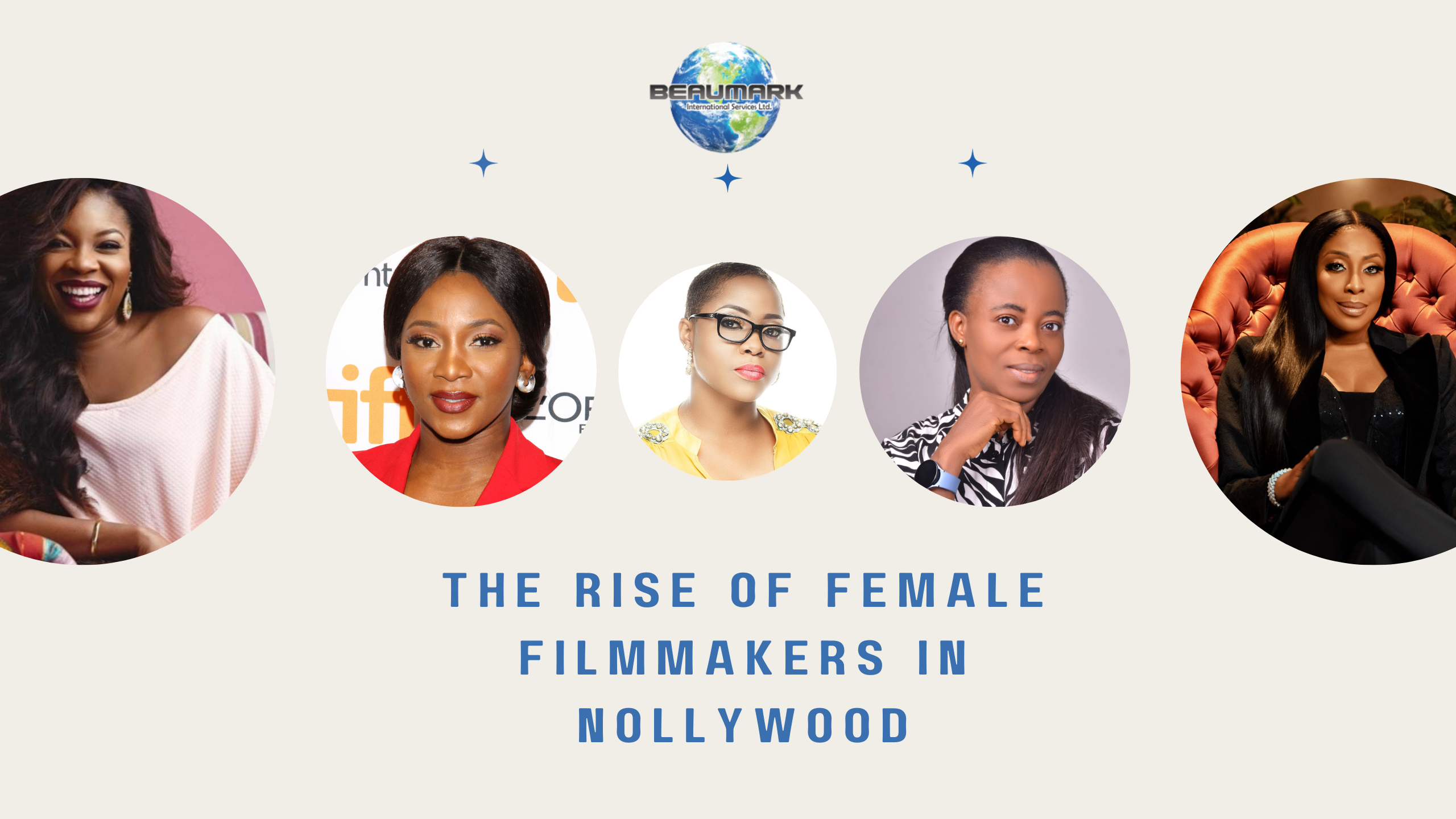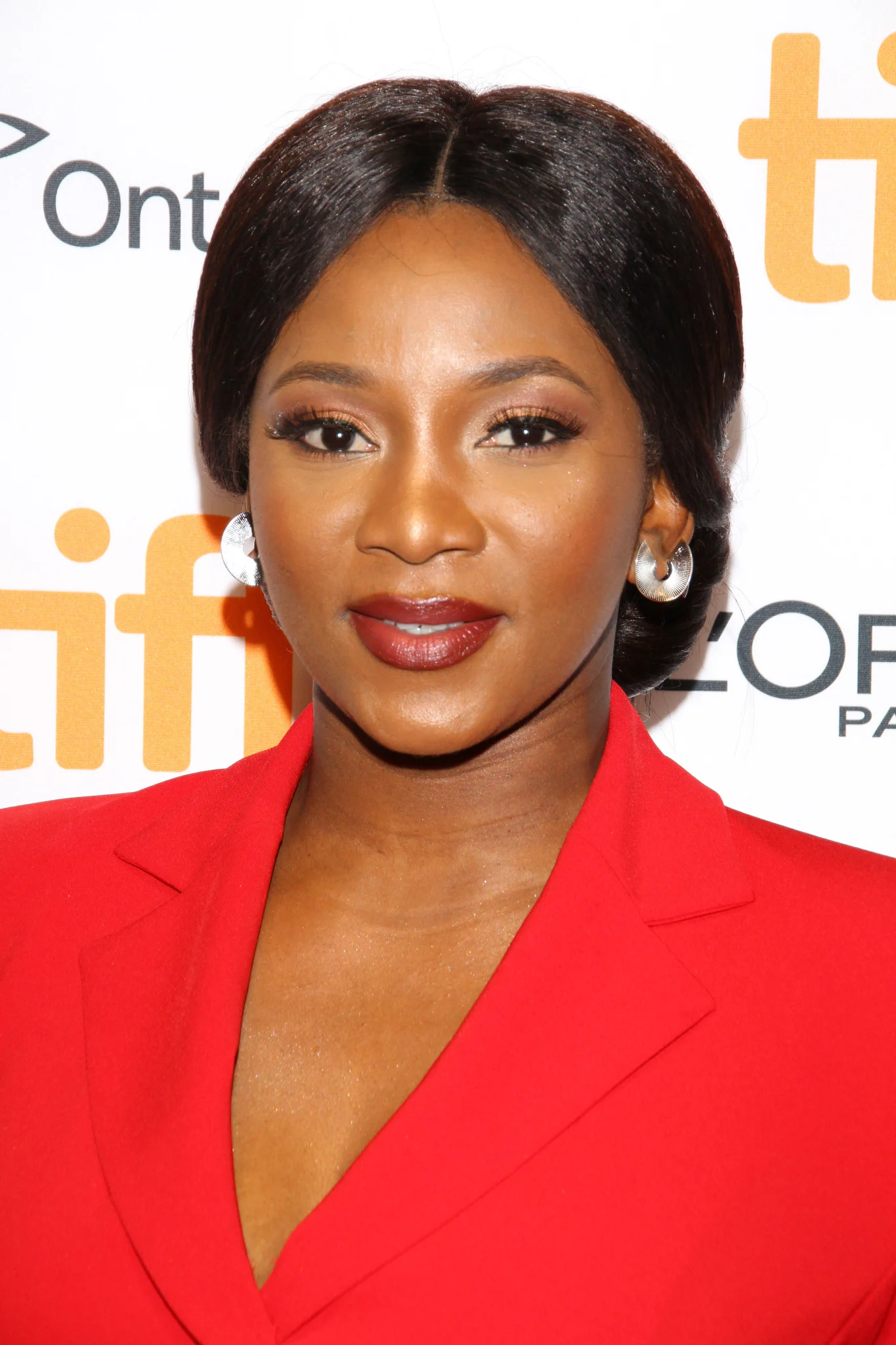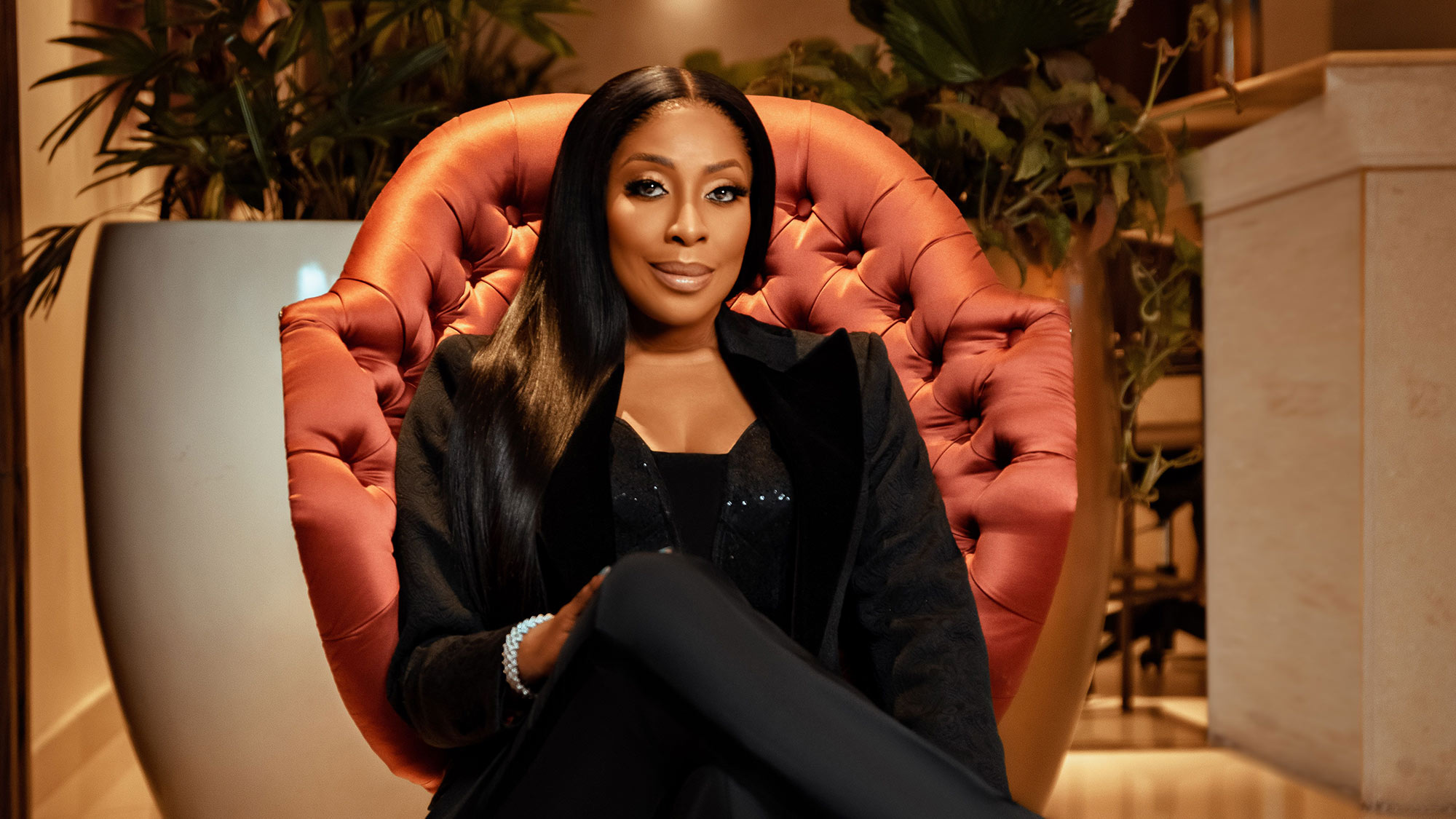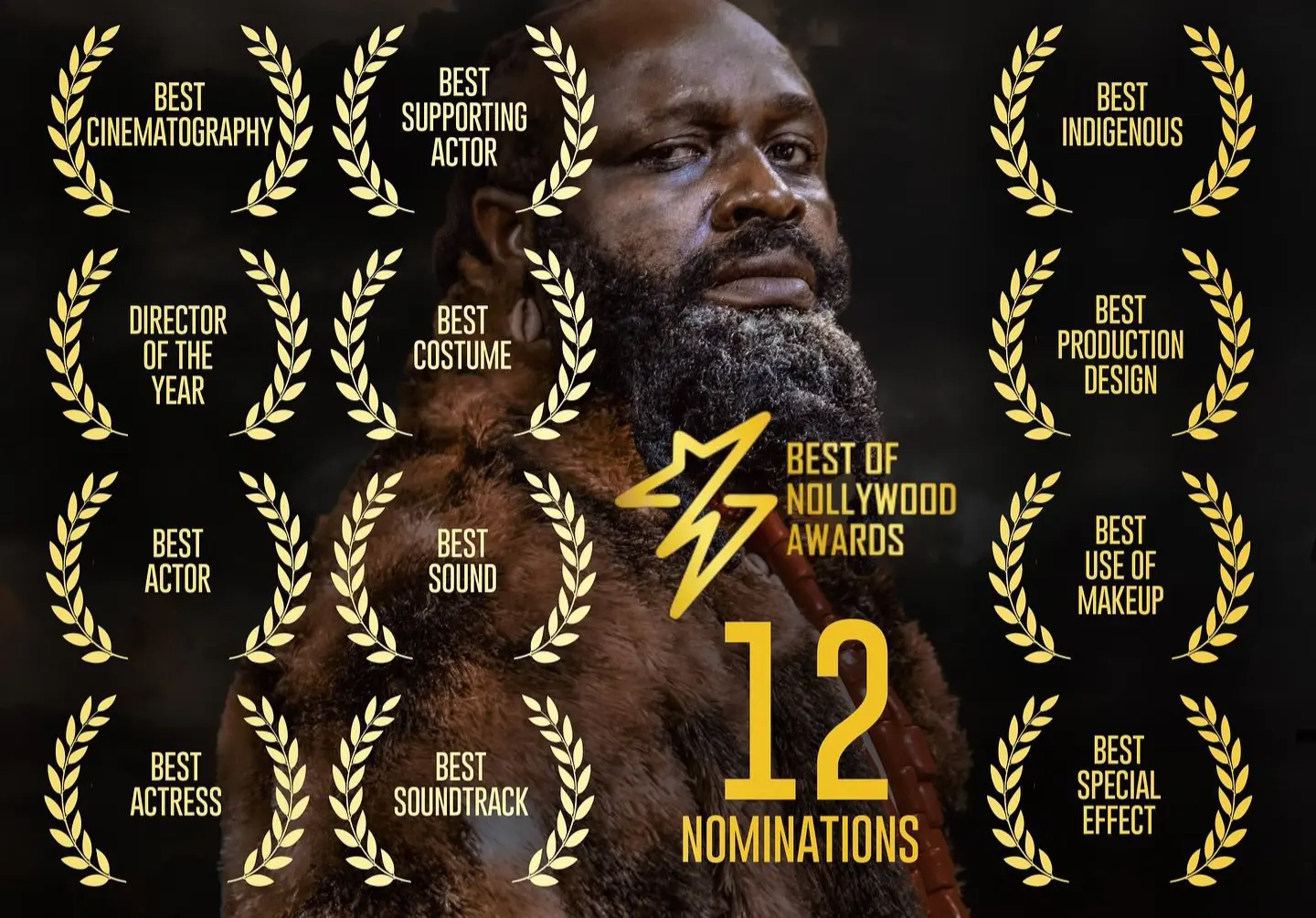
Empowering the Screen: The Rise of Female Filmmakers in Nollywood
Nollywood, the Nigerian film industry, is renowned for its vibrant storytelling, rich cultural tapestry, and its significant contribution to the global film landscape. In recent years, a revolution has been brewing within this cinematic powerhouse: the rise of female filmmakers. Breaking stereotypes and shattering glass ceilings, these women are reshaping Nollywood’s narrative, adding fresh perspectives, and making their mark on the world stage.
A Long and Winding Road
Historically, the Nigerian film industry, like many others worldwide, has been predominantly male-dominated. However, the winds of change have been blowing across Nollywood in recent years, as more women have stepped up to tell their stories and share their unique perspectives. They have faced numerous challenges, but they continue to rise above adversity and discrimination.
The Stories They Tell
One of the most remarkable aspects of the rise of female filmmakers in Nollywood is the diversity of stories they bring to the screen. Their films explore a wide range of themes, from social issues and gender equality to romance, family, and spirituality. By doing so, they connect with audiences on a deeper level and shed light on issues that might otherwise be overlooked.
Prominent Female Filmmakers
Several talented female filmmakers have emerged as influential figures in Nollywood. Their contributions have garnered critical acclaim and helped push the industry forward.
1. Genevieve Nnaji:

This versatile actress turned filmmaker made waves with her directorial debut, “Lionheart.” The film, which explores family, culture, and resilience, was Nigeria’s first-ever submission for the Best International Feature Film category at the Oscars.
2. Kemi Adetiba:

Known for her remarkable direction of “The Wedding Party,” Kemi Adetiba’s work combines humor, romance, and cultural insight, giving Nollywood a modern twist.
3. Tope Oshin:

A prominent director and producer, Tope Oshin’s work often addresses social issues and women’s empowerment. Her film “Up North” explores the journey of a young, privileged man’s transformation while serving in a remote northern village.
4. Mo Abudu:

As the founder of EbonyLife Films, Mo Abudu has been instrumental in driving the growth of the Nigerian film industry. Her works, including “The Royal Hibiscus Hotel” and “Oloture,” tackle complex issues while celebrating African culture and storytelling.

Is the founder and C.E.O of Beaumark Int. an independent media production and consultancy company. She is the brain behind two hit drama series “Crack in the Wall” and Behind the Smile”, and the producer of the popular TV/Radio Talk Show “Vibes Café”.
Championing Gender Equality
The rise of female filmmakers in Nollywood is not just about creating captivating films; it’s about promoting gender equality and empowering women in the industry. These women serve as role models, inspiring a new generation of filmmakers to follow their dreams, regardless of gender. They are actively breaking down gender stereotypes and advocating for equal opportunities both on and off the screen.
International Recognition
The global film community has taken notice of the exceptional talent emerging from Nollywood’s female filmmakers. Their films have been showcased at prestigious film festivals and have received international awards and nominations. This recognition helps to further solidify Nollywood’s place on the world stage.
Challenges and Triumphs
It’s essential to acknowledge that female filmmakers in Nollywood face challenges such as funding constraints, gender bias, and societal pressures. However, they have shown immense resilience and determination to overcome these obstacles. Organizations and initiatives that support women in film have also played a crucial role in their success.
Conclusion
The rise of female filmmakers in Nollywood is a testament to the indomitable spirit of women in the film industry. These talented storytellers have broken barriers, shared their unique perspectives, and enriched the world of cinema with their creativity. As they continue to rise, Nollywood’s future is undoubtedly brighter, more inclusive, and more powerful than ever before. This revolution not only empowers women in the industry but also enriches the world with diverse, compelling, and thought-provoking stories from a culture that is ready to shine on the global stage.




